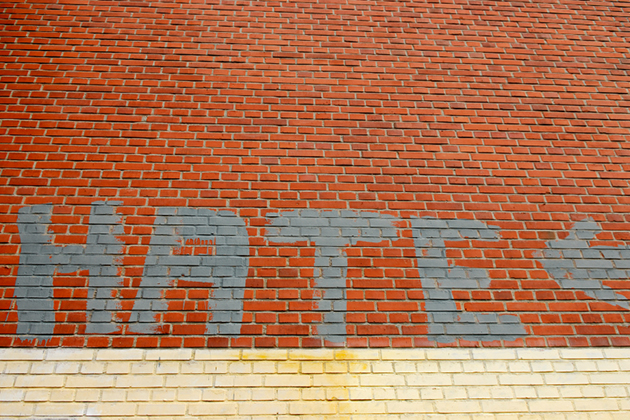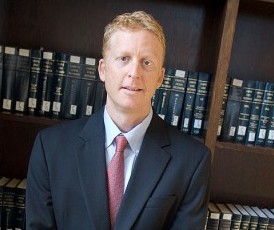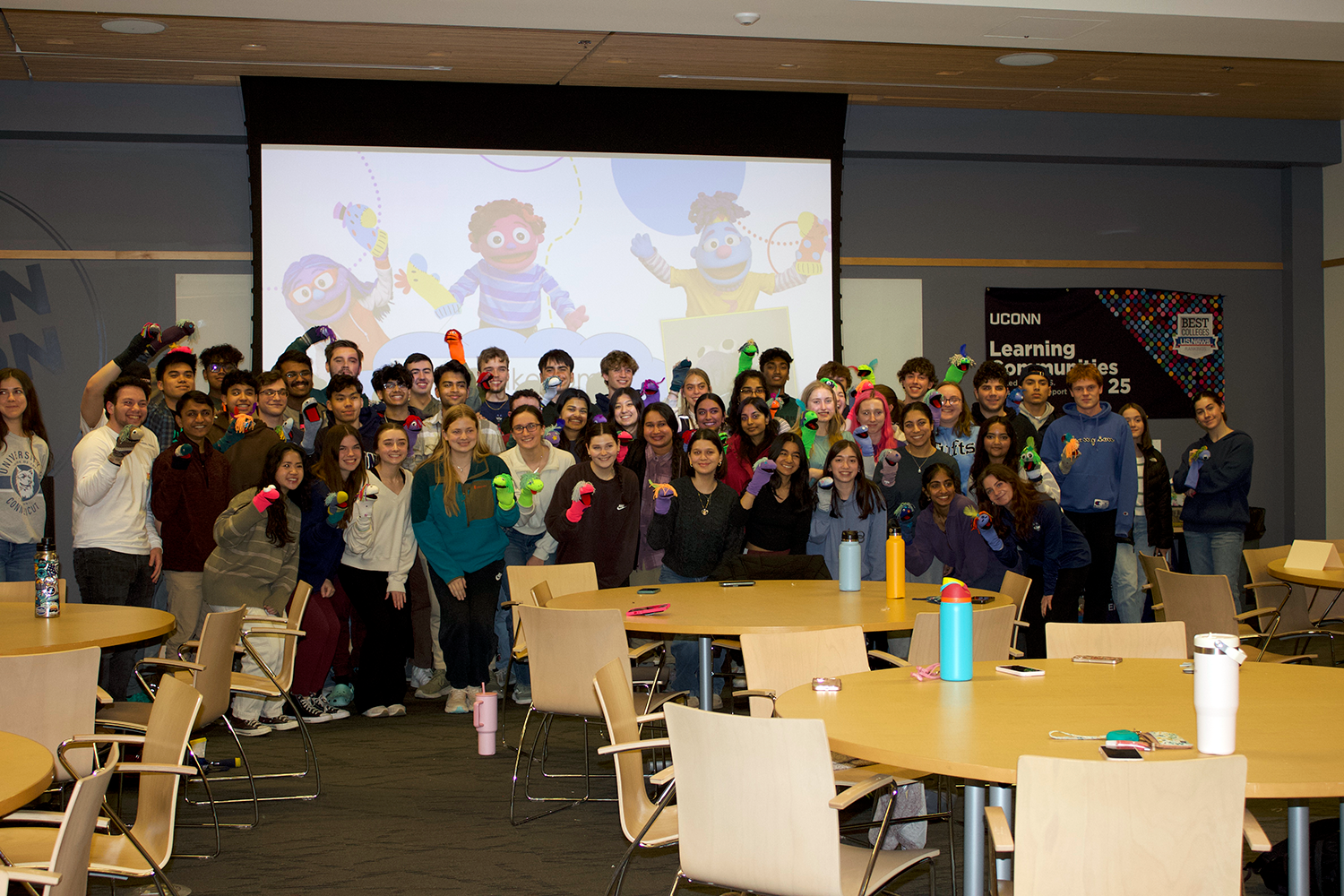
A stream of hostile propaganda in Rwanda led up to the mass slaughter of some 900,000 ethnic Tutsi by gangs of Hutu extremists in 1994. Hate speech and demonization of Serbs, Croats, and Bosnian Muslims, also in the 1990s, preceded horrific and widespread crimes in the former Yugoslavia. Both episodes have been labeled as genocide and are currently being adjudicated by international criminal tribunals.
UConn human rights researcher Richard Wilson is studying the events in Rwanda and the former Yugoslavia and how the international legal process is dealing with them for a book he is writing about speech crimes in international law.
This fall, his project will take him on a year-long fellowship to Princeton University’s Institute for Advanced Study, where he will complete the book, Words of Conviction: Speech Crimes in International Law.
Concept and context

Wilson, the Gladstein Professor of Human Rights, combines anthropology and law to understand international legal processes in relation to the concept of hate speech. His research is concerned with the effects of criminal hate speech that prompts violence.
“When there are war crimes, genocide, crimes against humanity, to what degree can speech acts be held responsible?” he asks.
While applying international criminal law to regulate dangerous speech might seem straightforward, one difficulty is that freedom of speech, a foundational Western value, has different meanings in different nations. The United States, for example, protects most forms of speech, including hate speech by fringe groups like the Ku Klux Klan.
Yet research shows that when authority figures encourage acts of violence on dehumanized targets it has a direct psychological consequence on listeners.
“That doesn’t mean that people necessarily act, but recent studies tell us that kind of speech affects the social cognition centers in our brain,” said Wilson. “So to what degree can individuals be held responsible within a broader framework of allowing freedom of speech? The difference depends on the social context in which the speech occurred. If the context is one of armed conflict and war, such statements may have a direct causal consequence and incite violence.”
The pursuit of due process
Wilson contends that the Anglo-American legal tradition of due process should serve as a model for an international system for a non-violent conflict resolution.
He traces this tradition in the post-World War II period back to the Nuremberg war trials. Recalling early plans Franklin D. Roosevelt’s administration had to execute Nazi leaders after World War II, Wilson says that Roosevelt was eventually persuaded to give the defendants due process and to uphold the values for which the country had fought.
“The Nuremberg trials brought the people responsible for the war to a court of justice,” he says. “It wasn’t a perfect process, but it was a whole lot better than simply lining them up and shooting them after some kangaroo court hearing.”
Wilson says Nuremberg served as a model for the international criminal tribunals, and later the permanent international court established at The Hague to adjudicate war crimes, crimes against humanity, and genocide.
His book is based on extensive archival research of the Nuremberg trials, as well as interviews and focus group discussions with legal personnel at ongoing International Criminal Tribunals for Rwanda, the former Yugoslavia, and the International Criminal Court.
It will be “the first comprehensive account of the rapidly changing international law of speech crimes,” he says.
Precedent-setting judgments
Wilson notes that virtually every contemporary international conflict has been preceded by a media campaign in which political leaders spur ethnic, national, racial, and religious hatreds to incite their followers to commit acts of violence.
Legal mechanisms to proscribe such speech have been lacking, but recent precedent-setting judgments by the International Criminal Tribunals for Rwanda and the former Yugoslavia “have drastically altered the landscape of speech crimes,” he says.
In the case of the 1994 Rwandan genocide, the International Criminal Tribunal convicted a political leader, radio station owner, and popular singer of direct and public incitement to commit genocide. And the International Criminal Tribunal for the former Yugoslavia is currently trying the biggest war criminals since WWII for crimes against Bosnian Muslim, Croat, and Serbian civilians, partly on the basis of their speeches.
To date, however, a number of countries including Russia and the United States have not yet ratified the statute establishing the International Criminal Court.
“I don’t want to overestimate the system’s strength and its robustness,” he says, “but I would like to see the court as an alternative that every country – including the United States – subordinates themselves to and agrees to follow.”



